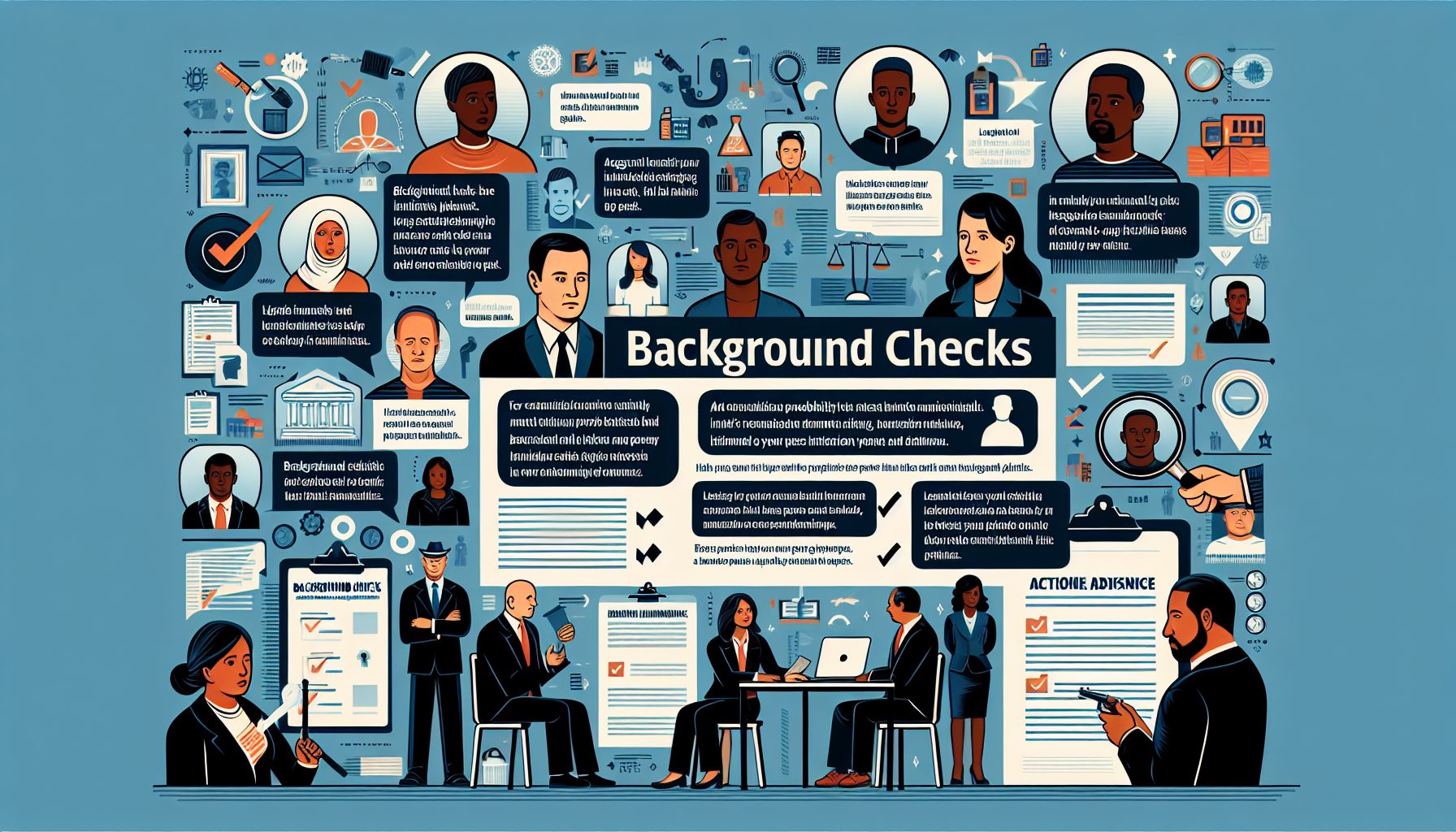When it comes to conducting background checks, understanding the legal limitations is crucial. Organizations and individuals must navigate a complex web of laws that govern how and when background checks can be performed, what information can be collected, and how that data can be used. In this post, we’ll explore the legal considerations to keep in mind when requesting background checks and ensure you’re operating within the bounds of the law.
Introduction
Background checks are a standard part of the hiring process, tenant screening, and even in trust-based relationships. However, with the power to access personal information comes the responsibility to adhere to the law. There are various federal, state, and local regulations in place to protect the rights of individuals, which means there’s a veritable minefield of legal requirements that must be respected. Understanding these legal limitations is not just important – it’s a necessity for anyone considering conducting a background check.
The Legal Landscape for Background Checks
Federal Laws
The most well-known federal law governing the conduct of background checks is the Fair Credit Reporting Act (FCRA). The FCRA outlines specific guidelines for employers and third-party background check services on what can be included in a background report, and how this information can be used.
Fair Credit Reporting Act (FCRA)
Employers and landlords who use third-party agencies to perform background checks must:
- Obtain written consent from the individual before conducting the check.
- Notify individuals if the information found will be used for adverse actions, such as denial of employment or housing.
- Provide the individual with a copy of the report and a summary of their rights under the FCRA before taking any adverse action.
- After an adverse action is taken, they must give the individual notice of the action, the contact information of the reporting agency, a statement that the agency did not make the adverse decision and a notice of the individual’s right to dispute the accuracy or completeness of any information in the report.
State and Local Laws
State and local governments may have additional laws that further limit the scope and use of background checks. For instance, some states have “Ban the Box” laws that prohibit the use of certain types of criminal history in the employment process. Always be sure to consult legal expertise about the laws applicable in your locale.
Industry-Specific Regulations
Certain industries, such as healthcare and finance, have additional regulatory requirements. For example, The National Association of Securities Dealers (NASD) and the Federal Deposit Insurance Corporation (FDIC) have specific guidelines for background checks for financial positions.
Best Practices for Conducting Legal Background Checks
Clearly Define the Scope
Before initiating a background check, determine the scope based on the requirements of the position or the nature of the relationship. The scope should be narrow enough to protect individual’s privacy yet broad enough to be thorough.
Use a Reputable Background Check Provider
Background check providers must be compliant with the FCRA and other relevant laws. Ensure that you’re using a reputable service that understands and adheres to legal guidelines.
Obtain Proper Authorization and Disclosures
Always get written consent and provide the necessary disclosures before conducting a background check as indicated under the FCRA.
Maintain Confidentiality
Respect the confidentiality of the information obtained, and ensure that only authorized personnel have access to it.
Handle Adverse Actions with Care
If the background check reveals information that may lead to an adverse decision, follow FCRA guidelines for pre-adverse action and adverse action notices.
Conclusion
The legal limitations of background checks are designed to protect the privacy and rights of individuals, while still allowing for legitimate inquiries into their backgrounds when necessary. It’s essential to understand and respect these laws, not only to avoid legal repercussions but also to maintain ethical standards and foster trust in professional or personal relationships. Always seek legal advice if you are unclear about the regulations or if your specific situation involves complex legal considerations. By adhering to the law and best practices, you can conduct background checks that are fair, accurate, and respectful of individuals’ rights.
